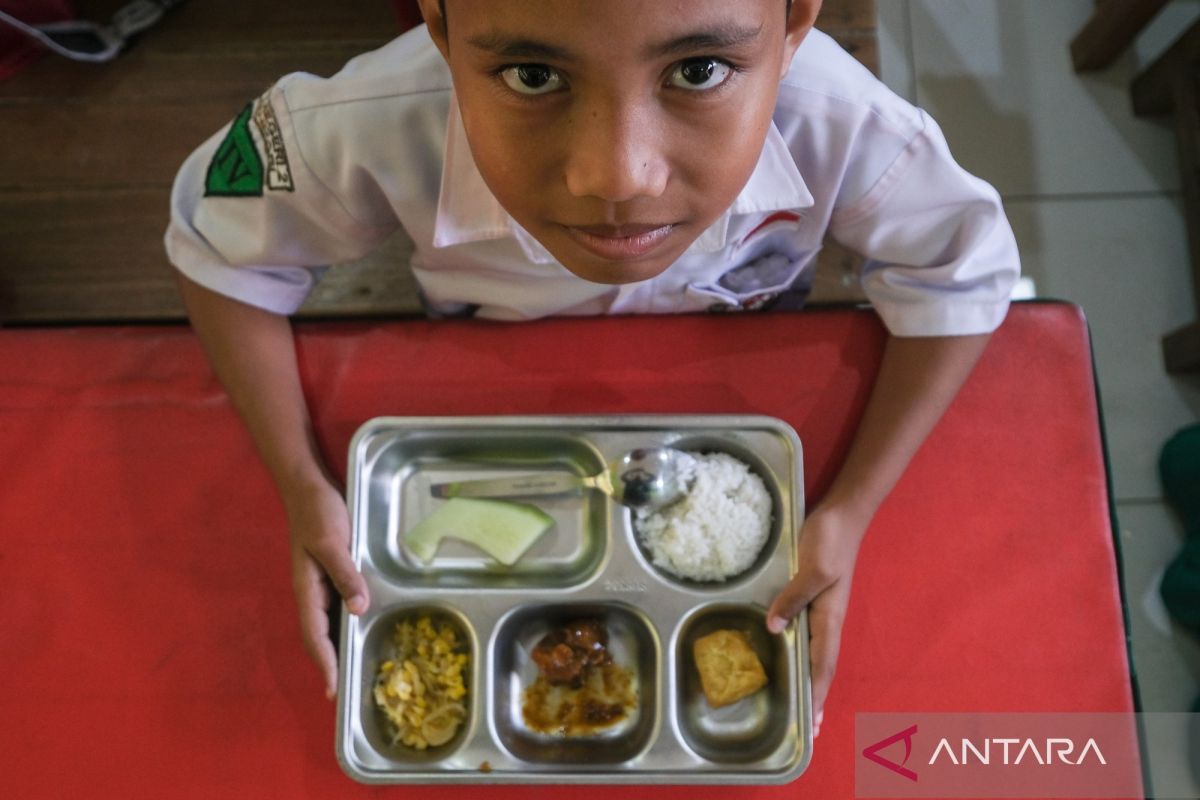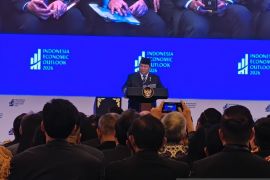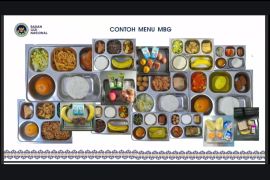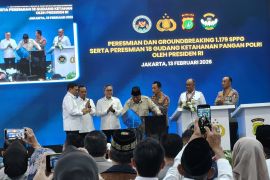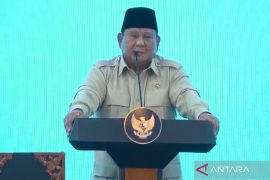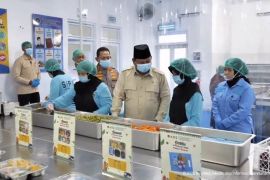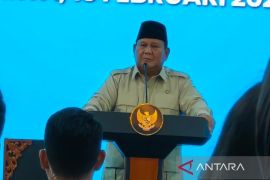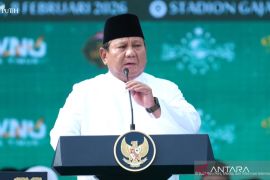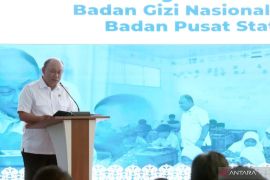During a visit to the National Nutrition Agency (BGN) booth at the 2025 Indonesian Science, Technology, and Industry Convention (KSTI) at ITB University in Bandung, West Java, she suggested that teachers use MBG meals as a teaching tool.
"Through the MBG program, schoolchildren not only receive proper nutrition but can also learn counting or study English from the foods served to them," Christie said in a statement issued Friday.
She added that the MBG program can motivate children to attend school and improve their memory.
"Scientific evidence shows this program can effectively boost motivation and sharpen schoolchildren's memory and knowledge," she noted.
BGN Head Dadan Hindayana earlier said the program has improved attendance rates at participating schools.
"Before MBG, the average attendance was 70–80 percent, but after implementation, it increased to 95 percent," Hindayana said in Jakarta on August 6.
He also shared a story from Papua about a child who now wakes up his grandmother early so he can go to school and receive the free meals — a reversal of their previous routine.
A report from Sukabumi District, West Java, also showed improved concentration and eagerness to study among pupils after receiving free nutritious food.
"We are now focusing on amplifying the voices of those who have benefited from the MBG program. In Eastern Indonesia and other underdeveloped regions, this program has brought significant benefits," Hindayana said.
Related news: Free meals program an investment in Indonesian children: PCO
Related news: Free meals reach 49 percent of targeted mothers, toddlers in Indonesia
Translator: Lintang Budiyanti, Nabil Ihsan
Editor: Anton Santoso
Copyright © ANTARA 2025
